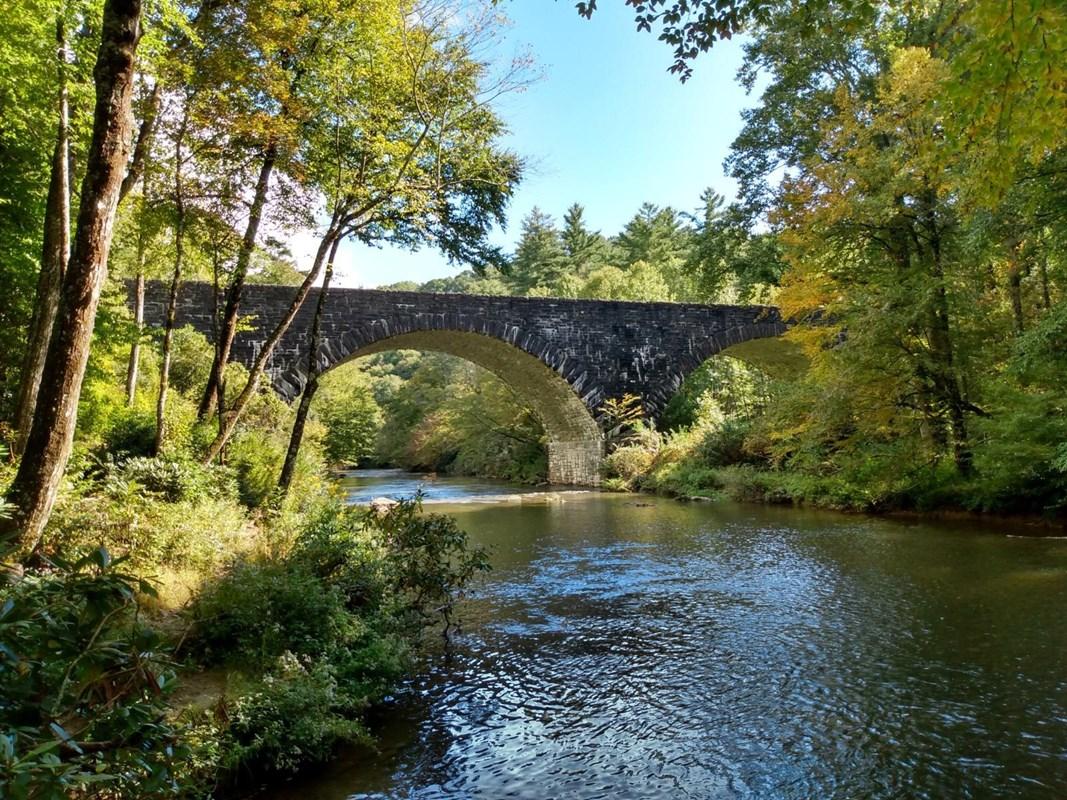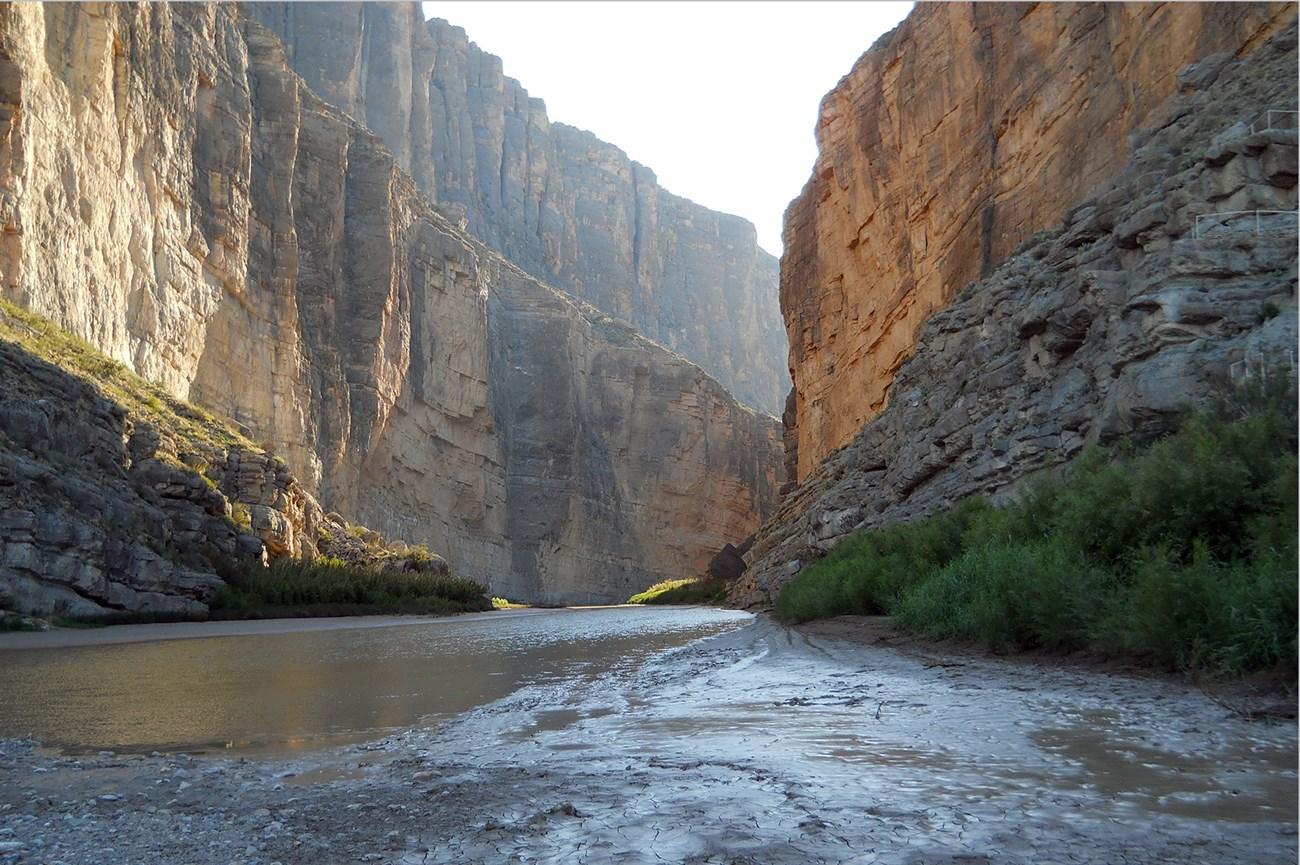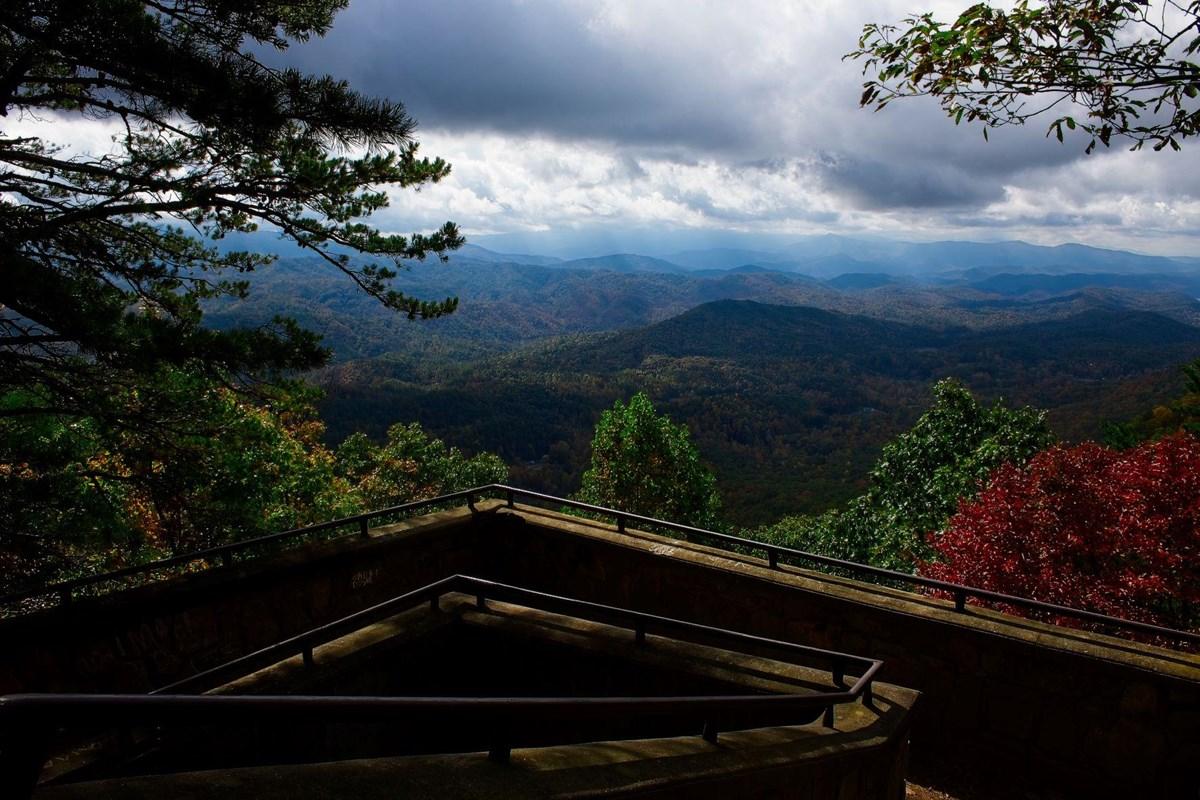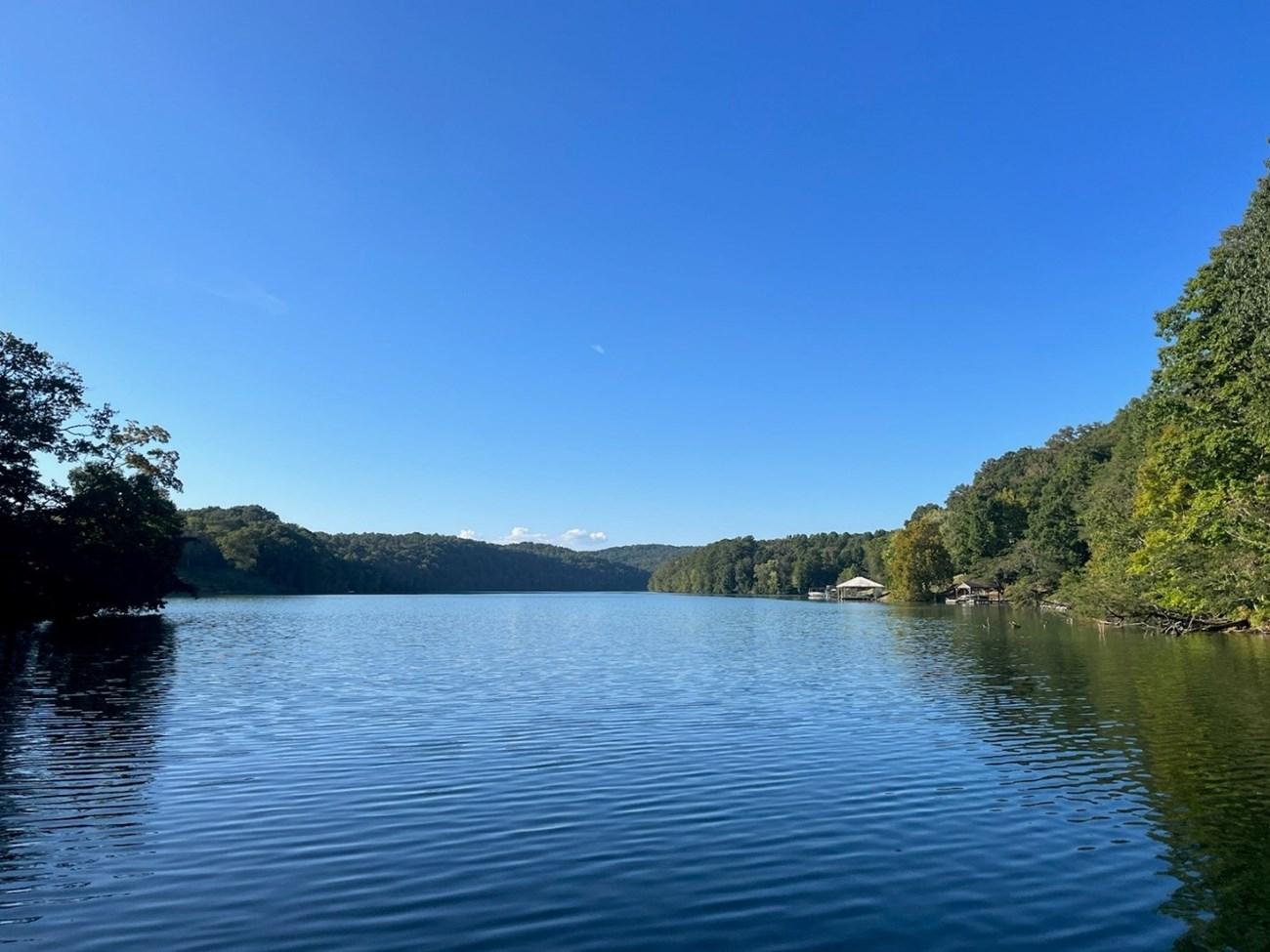
The Enchanting Tennessee River Gorge: Nature's Hidden Gem
The Tennessee River Gorge, often referred to as the 'Grand Canyon of Tennessee', is a breathtaking natural wonder stretching 26 miles through the Cumberland Mountains. This awe-inspiring gorge presents a stunning combination of rugged landscapes, dense forests, and the tranquil flow of the Tennessee River. Its picturesque scenery attracts nature lovers, photographers, and outdoor enthusiasts from around the globe. The Gorge is a haven for wildlife, home to diverse species including bald eagles, deer, and numerous types of fish. Birdwatchers will be delighted by the variety of avian life, while hikers and kayakers can explore the numerous trails and waterways that wind through the area. Each season offers a unique view, from the vibrant fall foliage to the lush greenery of spring and summer. For those interested in history, the Tennessee River Gorge holds significant cultural and historical value. It has been a vital waterway for centuries, once traversed by Native American tribes and later by European settlers. Today, visitors can learn about its rich heritage through various interpretive programs and guided tours available in the region. Whether you are seeking adventure, tranquility, or a glimpse into the past, the Tennessee River Gorge provides an unforgettable experience.
Local tips in Tennessee River Gorge
- Visit during fall for the most spectacular foliage views.
- Pack sturdy hiking boots for exploring the rugged trails.
- Bring binoculars for birdwatching and spotting wildlife.
- Consider a guided kayak tour for an immersive river experience.
- Check out local visitor centers for historical insights and maps.
The Enchanting Tennessee River Gorge: Nature's Hidden Gem
The Tennessee River Gorge, often referred to as the 'Grand Canyon of Tennessee', is a breathtaking natural wonder stretching 26 miles through the Cumberland Mountains. This awe-inspiring gorge presents a stunning combination of rugged landscapes, dense forests, and the tranquil flow of the Tennessee River. Its picturesque scenery attracts nature lovers, photographers, and outdoor enthusiasts from around the globe. The Gorge is a haven for wildlife, home to diverse species including bald eagles, deer, and numerous types of fish. Birdwatchers will be delighted by the variety of avian life, while hikers and kayakers can explore the numerous trails and waterways that wind through the area. Each season offers a unique view, from the vibrant fall foliage to the lush greenery of spring and summer. For those interested in history, the Tennessee River Gorge holds significant cultural and historical value. It has been a vital waterway for centuries, once traversed by Native American tribes and later by European settlers. Today, visitors can learn about its rich heritage through various interpretive programs and guided tours available in the region. Whether you are seeking adventure, tranquility, or a glimpse into the past, the Tennessee River Gorge provides an unforgettable experience.
When is the best time to go to Tennessee River Gorge?
Iconic landmarks you can’t miss
TVA Big Ridge Small Wild Area
Explore the serene beauty of TVA Big Ridge Small Wild Area, a perfect dog park and nature retreat in Hixson, Tennessee, ideal for relaxation and adventure.
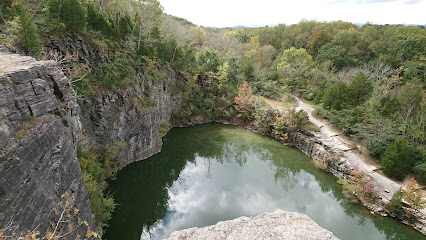
Tennessee River Gorge Trust
Discover the breathtaking landscapes and conservation efforts at Tennessee River Gorge Trust, a non-profit sanctuary in Chattanooga, Tennessee.
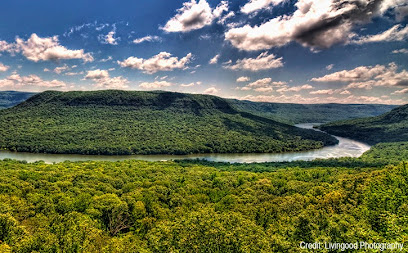
Little River Gorge
Explore the enchanting Little River Gorge in Tennessee, a natural paradise offering stunning views, wildlife encounters, and outdoor adventures.

Tennessee River Gorge®
Explore the breathtaking beauty of the Tennessee River Gorge, a haven for outdoor adventures and serene escapes in the heart of Tennessee.

Unmissable attractions to see
Rock City Gardens
Experience the breathtaking beauty of Rock City Gardens, where stunning rock formations and lush gardens meet panoramic views in Lookout Mountain, Georgia.
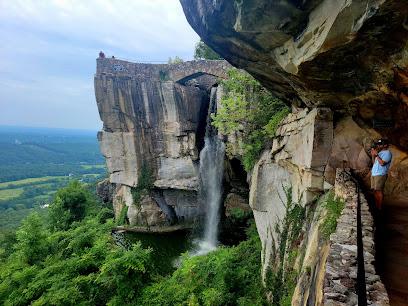
Tennessee Aquarium
Explore the breathtaking underwater world at the Tennessee Aquarium in Chattanooga, where education meets entertainment in a stunning riverside setting.
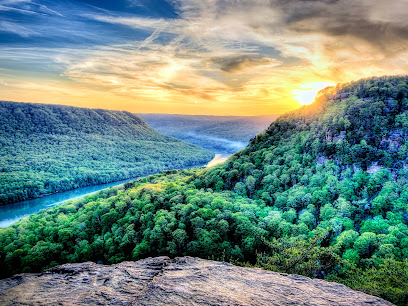
Ruby Falls
Explore the breathtaking Ruby Falls, an enchanting underground waterfall in Chattanooga, TN, surrounded by stunning landscapes and rich history.
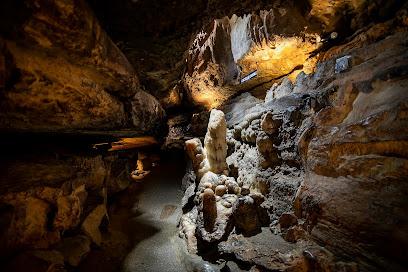
Lookout Mountain Incline Railway
Discover the thrill of the Lookout Mountain Incline Railway in Chattanooga, TN, where breathtaking views and historic charm meet for an unforgettable experience.
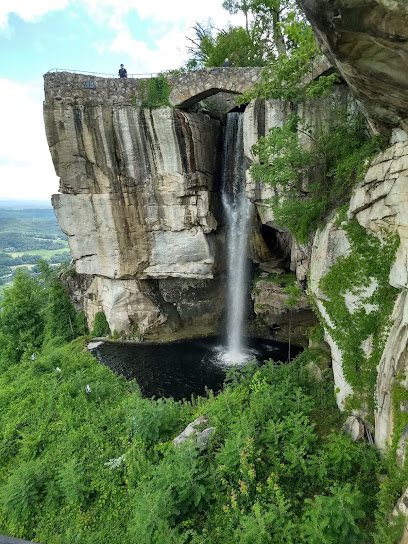
Creative Discovery Museum
Unleash creativity and curiosity at the Creative Discovery Museum in Chattanooga, where play and learning come together for all ages.
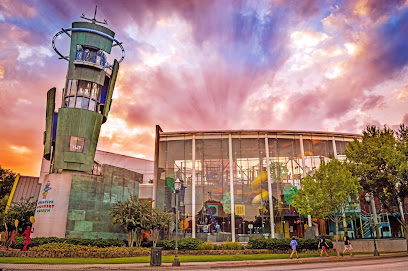
Ross's Landing
Discover Ross's Landing: A scenic riverside park in Chattanooga, perfect for relaxation, recreation, and community events amidst natural beauty.
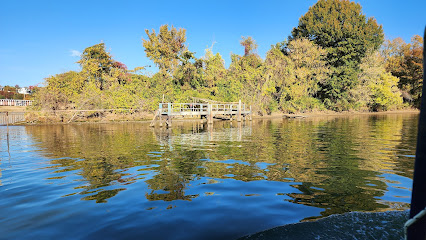
Tennessee Riverpark
Discover the natural beauty and tranquility of Tennessee Riverpark, a scenic haven for outdoor enthusiasts and families in Chattanooga.
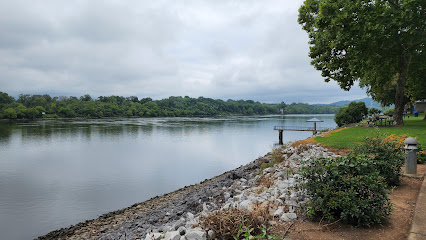
Savage Gulf State Natural Area
Explore the stunning landscapes and diverse wildlife at Savage Gulf State Natural Area in Tennessee, a true outdoor paradise for nature lovers.
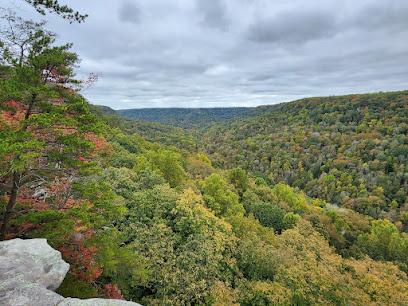
Good Fortune Soap and Spa
Experience ultimate relaxation at Good Fortune Soap and Spa in Chattanooga, where beauty meets tranquility in a unique spa setting.

Greeter Falls Waterfall
Experience the breathtaking beauty of Greeter Falls in South Cumberland State Park, a must-visit natural wonder in Tennessee.
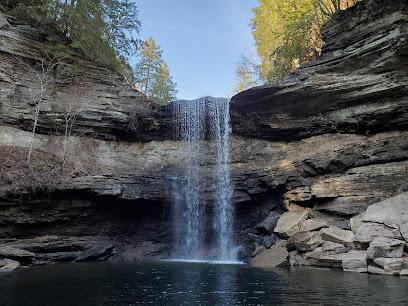
Smoky Mountain
Discover the breathtaking beauty of the Smoky Mountains in Tennessee, a perfect destination for adventure seekers and nature lovers alike.
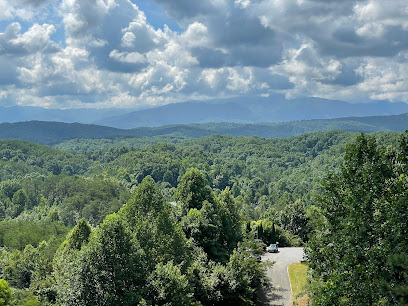
Greeter Falls Campground
Experience the tranquility of nature at Greeter Falls Campground, where stunning waterfalls and hiking trails await your adventure in Tennessee.
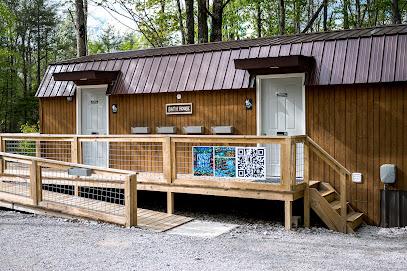
Moccasin Bend Golf Course
Experience the beauty and challenge of Moccasin Bend Golf Course in Chattanooga, a golfer's paradise along the stunning Tennessee River.
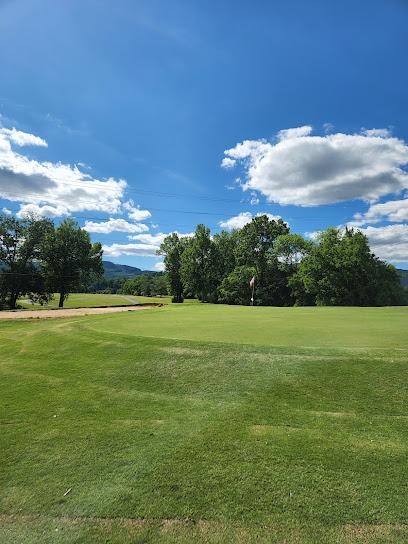
Citizen Cemetery
Explore the serene beauty and historical significance of Citizen Cemetery in Chattanooga, a tranquil resting place for notable figures and a haven for reflection.
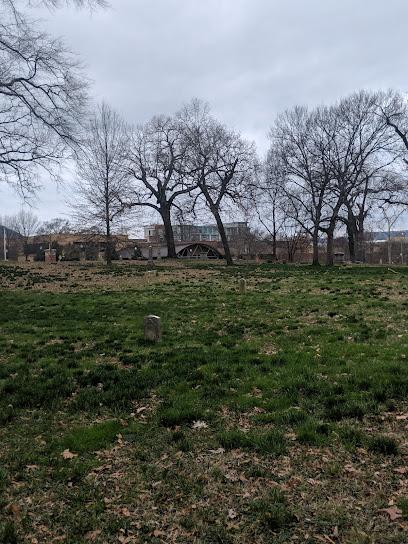
Signal Mountain
Discover the breathtaking vistas and outdoor adventures that await at Signal Mountain, Tennessee, a nature lover's paradise.
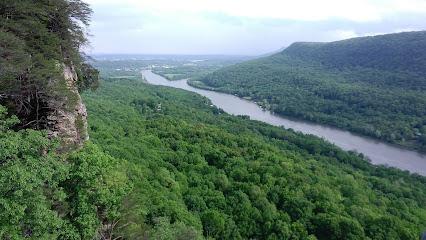
Essential places to dine
Olive Garden Italian Restaurant
Experience authentic Italian flavors at Olive Garden in Cleveland—where family dining meets culinary excellence.
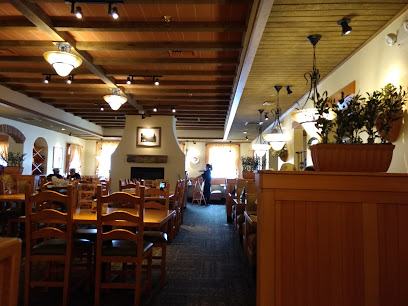
Scotties On The River
Experience delightful American cuisine with stunning river views at Scotties On The River in Chattanooga.
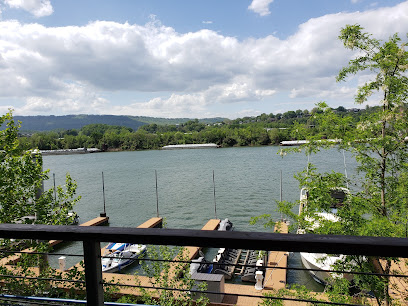
First Watch
Discover First Watch: A Health-Conscious Breakfast & Brunch Destination in Hixson Offering Fresh Ingredients & Family-Friendly Atmosphere.

The Upper Bank
Discover the flavors of America at The Upper Bank in Chattanooga - where culinary excellence meets warm hospitality.
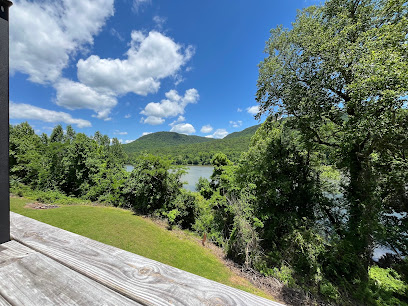
Markets, malls and hidden boutiques
All Things Groovy
Discover unique glass art, jewelry, and metaphysical supplies at All Things Groovy, a vibrant boutique in the heart of Chattanooga.
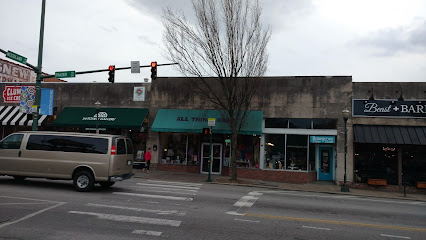
Chattanooga Souvenirs
Discover unique keepsakes and local crafts at Chattanooga Souvenirs, your one-stop shop for memorable gifts in the heart of Tennessee.
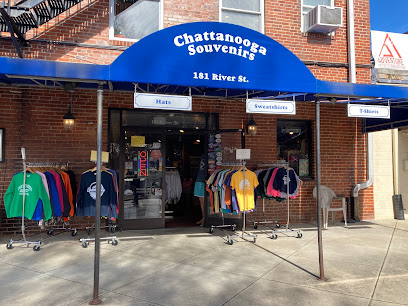
Essential bars & hidden hideouts
Scotties On The River
Experience the best of American dining with river views at Scotties On The River in Chattanooga, where every meal is a celebration of local flavors.
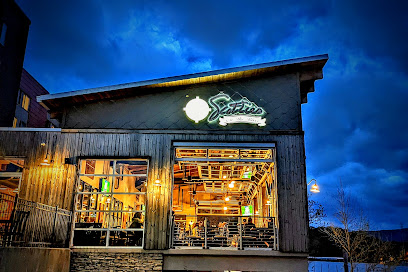
River Drifters
Experience the flavors of Chattanooga at River Drifters, where Southern cuisine meets stunning river views in a cozy atmosphere.
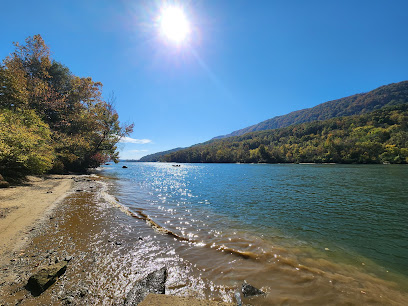
Tennessee River Gorge Trust
Discover the breathtaking beauty of the Tennessee River Gorge Trust, a nature lover's paradise in Chattanooga, dedicated to conservation and outdoor adventure.
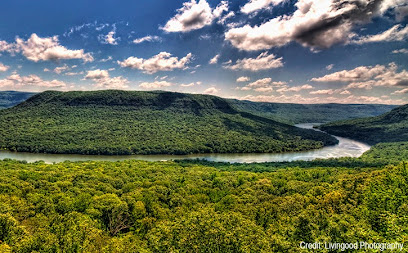
Local Phrases about Tennessee River Gorge
-
- HelloHowdy
[Haw-dee] - GoodbyeSee ya
[See yuh] - YesYup
[Yuhp] - NoNah
[Nah] - Please/You're welcomePlease/You're welcome
[Pl-eez/Yer welcome] - Thank youThank ya
[Thank yuh] - Excuse me/SorryPardon me/Sorry
[Pahrd-un me/Sor-ree] - How are you?How y'all doin'?
[Haw y'all doin'] - Fine. And you?Fine. How 'bout you?
[Fine. How 'bout yuh] - Do you speak English?Ya speak English?
[Yuh speak Ing-lish?] - I don't understandI don't git it
[I don't git it]
- HelloHowdy
-
- I'd like to see the menu, pleaseLemme see the menu, please
[Lem-ee see the menu, please] - I don't eat meatI don't eat meat
[I don't eat meat] - Cheers!Cheers!
[Cheerz!] - I would like to pay, pleaseI'd like to settle up, please
[I'd like to settle up, please]
- I'd like to see the menu, pleaseLemme see the menu, please
-
- Help!Help!
[Help!] - Go away!Git outta here!
[Git outt-uh here!] - Call the Police!Call the Sheriff!
[Call the Sheriff!] - Call a doctor!Call the doc!
[Call the doc!] - I'm lostI'm turned around
[I'm turned around] - I'm illI'm feelin' poorly
[I'm feelin' poor-lee]
- Help!Help!
-
- I'd like to buy...I wanna buy...
[I wanna buy...] - I'm just lookingI'm just browsin'
[I'm just browsin'] - How much is it?How much fer it?
[How much fer it?] - That's too expensiveThat's too pricy
[That's too pricy] - Can you lower the price?Can ya cut the price?
[Can ya cut the price?]
- I'd like to buy...I wanna buy...
-
- What time is it?What time is it?
[What time is it?] - It's one o'clockIt's one o'clock
[It's one o'clock] - Half past (10)Half past (10)
[Half past (10)] - MorningMornin'
[Mornin'] - AfternoonAfternoon
[Afternoon] - EveningEvenin'
[Evenin'] - YesterdayYesterday
[Yesterday] - TodayToday
[Today] - TomorrowTomorrow
[Tomorrow] - 1One
[One] - 2Two
[Two] - 3Three
[Three] - 4Four
[Four] - 5Five
[Five] - 6Six
[Six] - 7Seven
[Seven] - 8Eight
[Eight] - 9Nine
[Nine] - 10Ten
[Ten]
- What time is it?What time is it?
-
- Where's a/the...?Where's a/the...?
[Where's a/the...?] - What's the address?What's the address?
[What's the address?] - Can you show me (on the map)?Can ya show me (on the map)?
[Can ya show me (on the map)?] - When's the next (bus)?When's the next (bus)?
[When's the next (bus)?] - A ticket (to ....)A ticket (to ....)
[A ticket (to ....)]
- Where's a/the...?Where's a/the...?
History of Tennessee River Gorge
-
Long before European settlers arrived, the Tennessee River Gorge was home to Native American tribes, notably the Cherokee. The gorge provided a rich environment with abundant resources, making it a significant cultural and economic hub. The Cherokee used the river for fishing and transportation and the surrounding lands for hunting and gathering. Evidence of their presence can be found in ancient petroglyphs and burial mounds scattered throughout the area.
-
In the late 18th century, European explorers and settlers began to venture into the Tennessee River Gorge. The French and Spanish were among the first Europeans to document the area, but it was ultimately American frontiersmen who settled there. The rugged terrain and strategic positioning of the gorge made it a vital passageway during westward expansion, and early settlers established small communities along the riverbanks.
-
The Tennessee River Gorge played a crucial role during the American Civil War. Its strategic location made it a contested area between Union and Confederate forces. The river served as a vital supply line, and several skirmishes and military maneuvers took place in the surrounding region. The Battle of Lookout Mountain, fought nearby, was a significant Union victory that helped secure control of the Tennessee River, influencing the course of the war.
-
The early 20th century saw the advent of industrialization in the Tennessee River Gorge. The establishment of the Tennessee Valley Authority (TVA) in the 1930s was a turning point. The TVA aimed to provide electricity, control floods, and promote economic development in the region. The construction of dams and the improvement of river navigation transformed the landscape and significantly impacted the local communities. The TVA's work also led to the creation of numerous recreational areas, making the gorge a popular destination for outdoor activities.
-
In the latter half of the 20th century, efforts to preserve the natural beauty and ecological integrity of the Tennessee River Gorge gained momentum. The establishment of the Tennessee River Gorge Trust in 1981 marked a significant milestone in conservation efforts. The organization works to protect and manage over 17,000 acres of land, ensuring the preservation of its unique flora and fauna. Today, the gorge is recognized as one of the most biodiverse regions in the eastern United States, attracting nature enthusiasts and researchers alike.
-
The Tennessee River Gorge remains a culturally significant area, reflecting a rich tapestry of history and heritage. Modern-day visitors can explore historical sites, hike scenic trails, and engage with the local communities that continue to honor the traditions of the past. The gorge is also a focal point for educational programs, promoting an understanding of its historical and environmental importance. Annual events and festivals celebrate the region's history, drawing visitors from near and far to experience the unique blend of natural beauty and cultural heritage.
Tennessee River Gorge Essentials
-
The Tennessee River Gorge is located in southeastern Tennessee, near the city of Chattanooga. The nearest major airport is Chattanooga Metropolitan Airport (CHA), which is approximately 15 miles from the Gorge. From the airport, you can rent a car or take a taxi to reach the Gorge. If driving from other major cities, it is accessible via Interstate 24 from Nashville or Interstate 75 from Atlanta.
-
The most convenient way to explore the Tennessee River Gorge is by car. Car rentals are available at Chattanooga Metropolitan Airport and various locations within the city. For a unique experience, consider taking a riverboat tour or renting a kayak to explore the gorge from the water. Public transportation options are limited in this area, so having a personal vehicle is recommended.
-
The official currency in the United States is the US Dollar (USD). Credit and debit cards are widely accepted in Chattanooga and surrounding areas, including most restaurants, shops, and tourist attractions. However, it is advisable to carry some cash for small purchases or in case you visit rural areas where card payment options might be limited. ATMs are readily available in Chattanooga.
-
The Tennessee River Gorge is generally a safe destination for tourists. However, like any travel destination, it is wise to take standard precautions. Avoid leaving valuables in plain sight in your car and be cautious when hiking or exploring remote areas. Chattanooga has some neighborhoods with higher crime rates, such as East Chattanooga and Alton Park, so it is best to stay in well-populated and well-lit areas, especially at night.
-
In case of an emergency, dial 911 for immediate assistance. Chattanooga has several hospitals, including Erlanger Health System and CHI Memorial Hospital, that can provide medical care. It is recommended to have travel insurance that covers medical emergencies. For minor health issues, there are numerous pharmacies in Chattanooga where you can purchase over-the-counter medications.
-
Fashion: Do dress comfortably and in layers, as weather can change quickly. Hiking boots or sturdy shoes are recommended for outdoor activities. Avoid wearing flip-flops or open-toed shoes when hiking. Religion: Do respect local customs and traditions if visiting any religious sites. Public Transport: Public transport options are limited; do plan your trips accordingly. Renting a car is recommended. Greetings: Do greet people with a friendly smile and a 'hello.' Southerners are known for their hospitality. Eating & Drinking: Do try local Southern cuisine, including BBQ and fried chicken. Don’t forget to hydrate, especially if you are engaging in outdoor activities.
-
To experience Tennessee River Gorge like a local, consider visiting during the fall when the foliage is at its peak. Engage with local guides for unique insights into the area's history and natural features. Stop by the local farmers' markets in Chattanooga to buy fresh produce and local crafts. Don't miss the opportunity to visit the Lookout Mountain for panoramic views of the Gorge and surrounding areas. Additionally, exploring the small towns around the Gorge can offer a glimpse into the local culture and history.
Nearby Cities to Tennessee River Gorge
-
Things To Do in Huntsville
-
Things To Do in Murfreesboro
-
Things To Do in Gadsden
-
Things To Do in Smyrna
-
Things To Do in Lebanon
-
Things To Do in Columbia
-
Things To Do in Cullman
-
Things To Do in Franklin
-
Things To Do in Oak Ridge
-
Things To Do in Nashville
-
Things To Do in Hendersonville
-
Things To Do in Knoxville
-
Things To Do in Pigeon Forge
-
Things To Do in Gatlinburg
-
Things To Do in Clarksville


